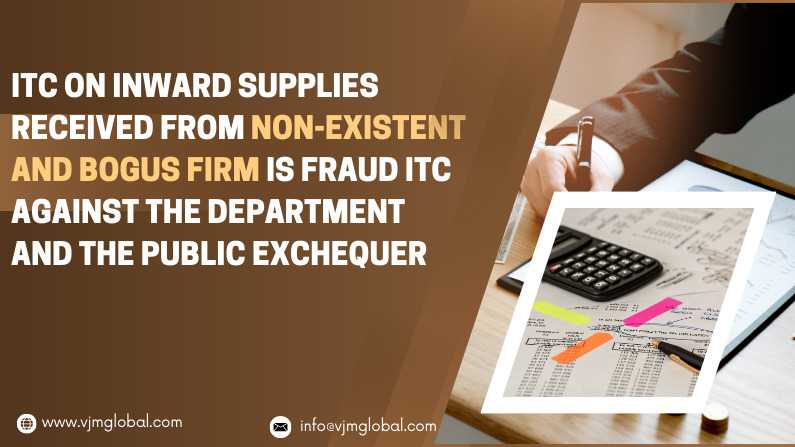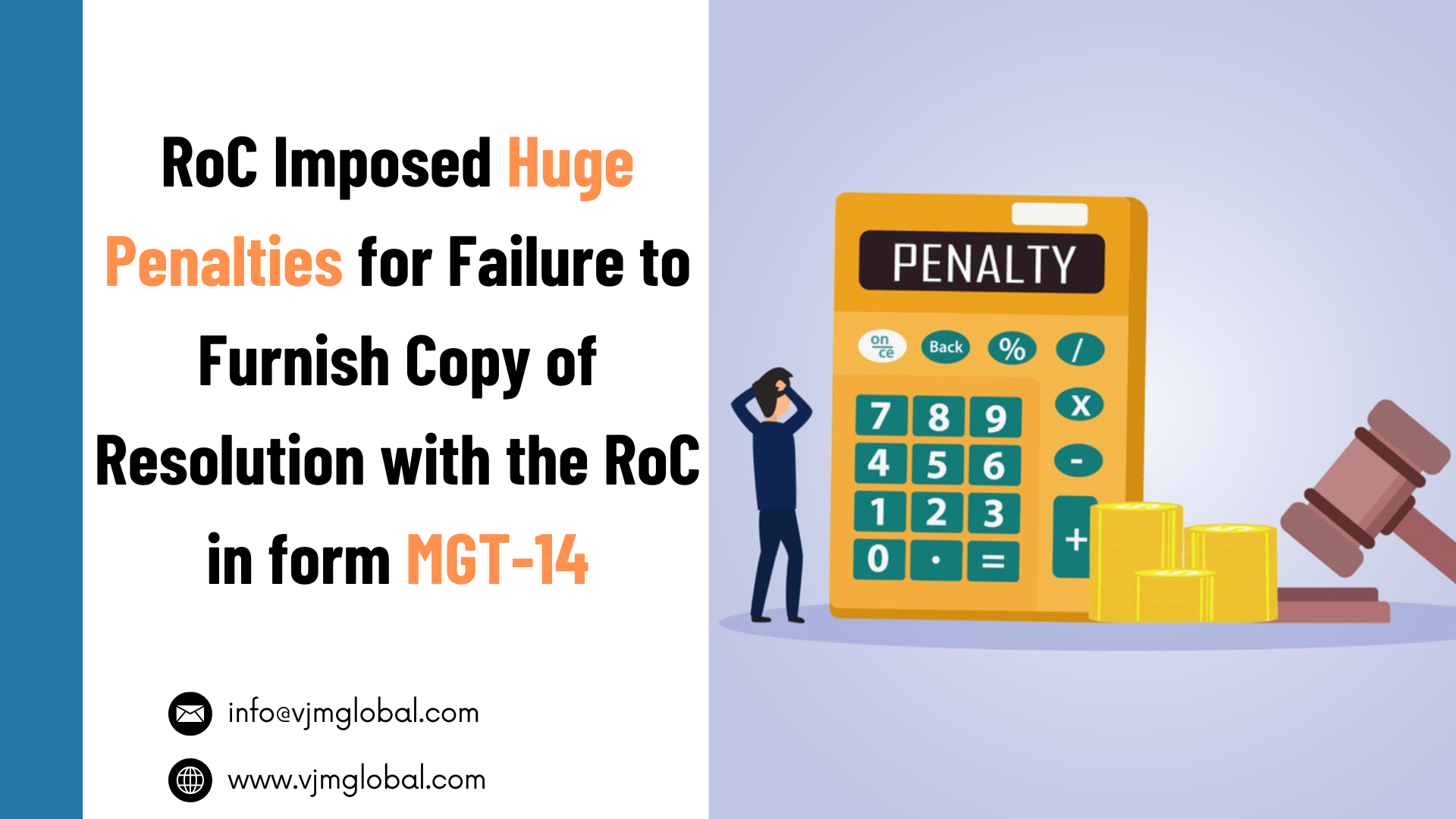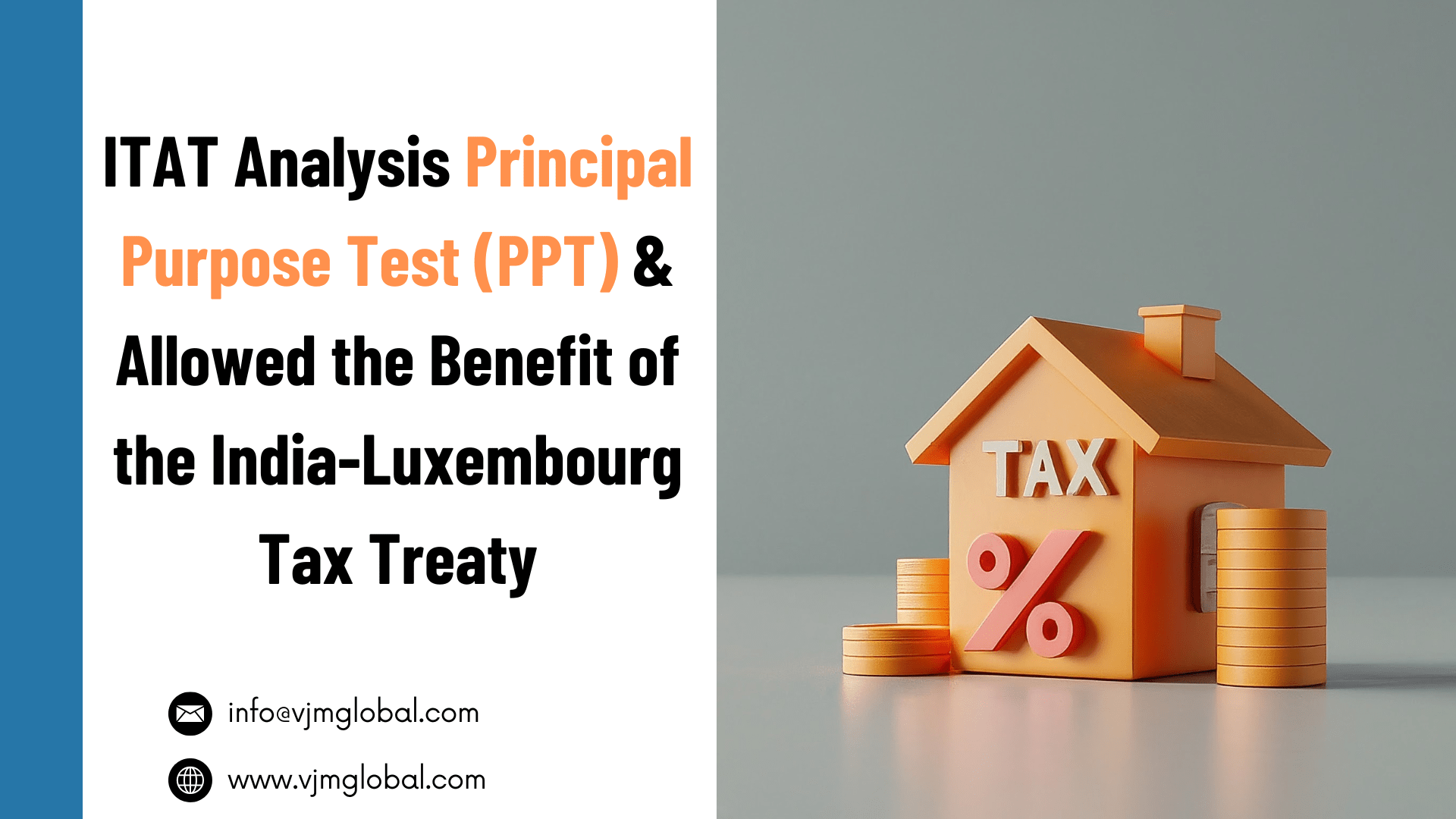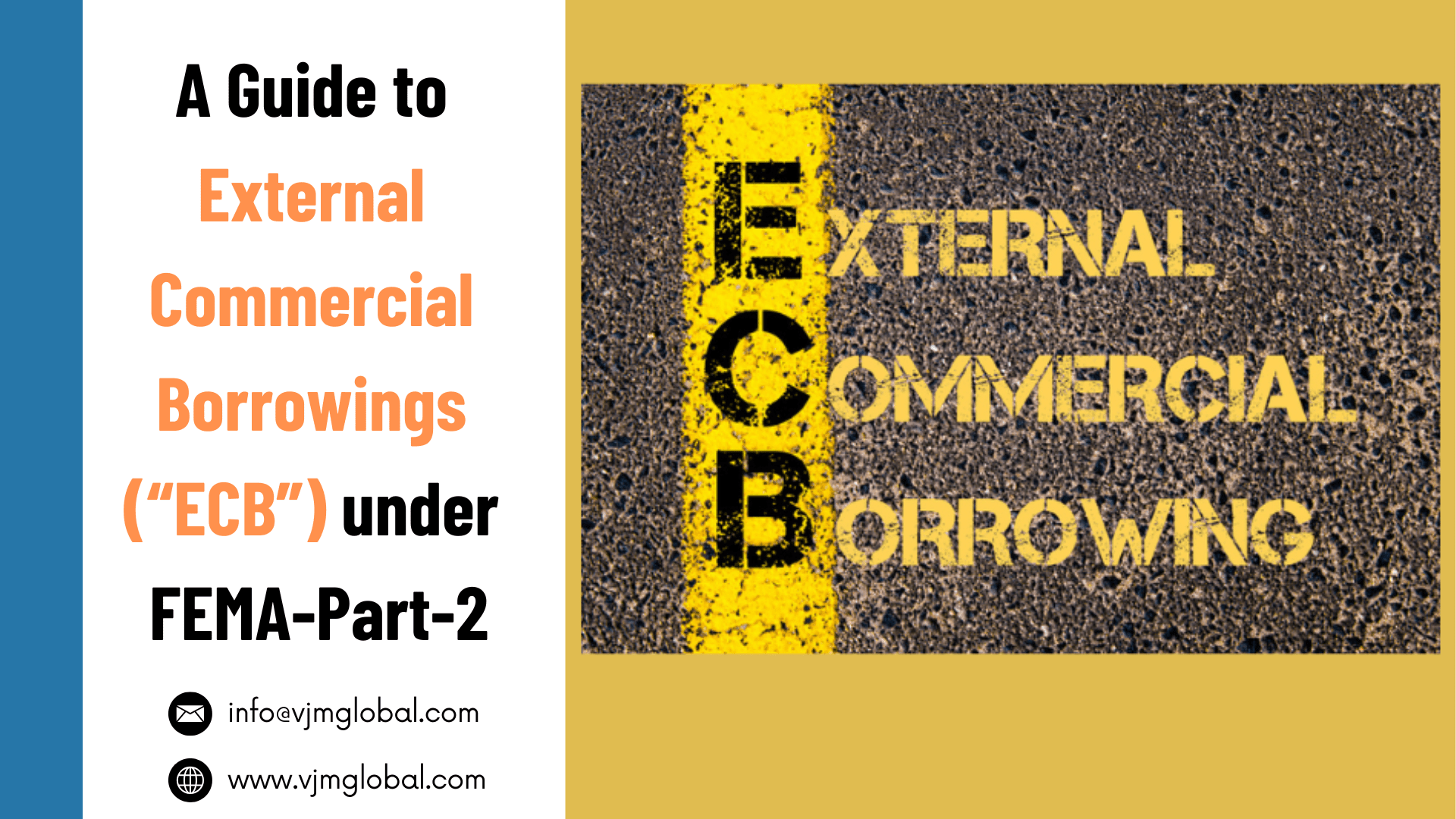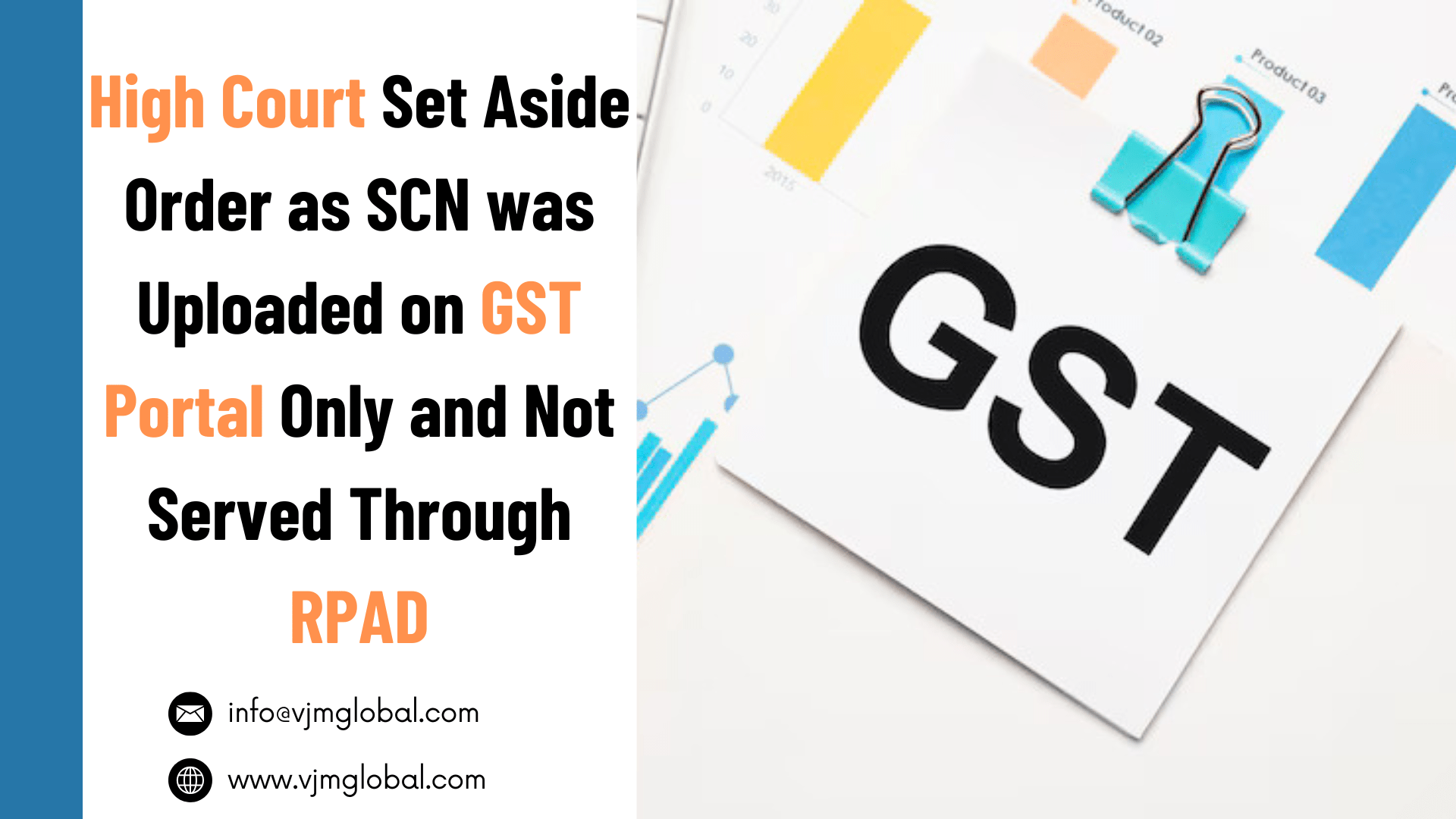Summary:
The Petitioner was engaged in manufacturing and sale of Aluminum Casting and Machinery Parts. The petitioner claimed ITC on inward supplies received from the supplier. During the conduct of the survey at the location of the supplier, it was found that the suppliers were non-existent and bogus firms. Therefore, corresponding ITC was disallowed to the petitioner and corresponding demand was raised alongwith interest and Penalty.
The petitioner produced all the documents pertaining to inward supplies such as Invoice, GRs, e-waybill, Ledger, Bank statement etc. The petitioner contended that he had actually received the inward supplies. The supplier firms were having valid GSTIN registrations at the time of transaction. If GSTIN registration of the firm is cancelled subsequently, the petitioner cannot be penalized for the same. Further, all the requirements of Section 16 are duly complied with for the purpose of claiming ITC.
Hon’ble High Court held that as per Section 16(2), no registered person shall be entitled to any ITC unless he has received the goods. “Received the goods means the person claiming the ITC must have actually received the goods”. Transaction existed only on papers, i.e., no inward supply is received, will not be entitled to the ITC. Further, If ITC is allowed to a person on the ground that the supplier was registered under GST, that would not create any estoppel against the authority taking appropriate action for claiming refund of the benefit wrongly availed on the ground of receiving inward supplies from non-existent firms. Therefore, there is no illegality in the impugned orders.
1. Brief Facts of the case
- M/s Rajshi Processors Raebareli (“The Petitioner”) is engaged in manufacturing and sale of Aluminum Casting & Machinery Parts.
- The petitioner Filed the GST return for May, 2019, August, 2019 and December, 2019.
- During the conduct of a survey at the place of the petitioner, the Special Investigation Branch (“SIB”), Commercial Tax found that the petitioner claimed to have received inward supplies from various supplies and claimed the corresponding ITC.
- When the survey was conducted on the place of suppliers, such suppliers were found to be non-existent and bogus firms. Besides the place of business declared, no other godown or Branch was found to be in existence of such suppliers.
- During enquiry it was found that the petitioner has knowingly claimed an excessive amount of ITC and had adjusted the same against the tax payable.
- The petitioner submitted his explanation alongwith the evidence, stating that it had received inward supplies. In support of its claim, the petitioner submitted invoices, copies of GR (goods receipts), e-way bill, ledger and bank statements of the firms etc. The inward supplies received by the petitioner are recorded in the stock register as well.
- The adjudicating authority did not accept the explanation of the petitioner and held that the tax invoices were issued without any actual supply of goods.
- Accordingly, benefit of ITC was declined to the petitioner and a penalty was imposed on the petitioner alongwith interest.
- The petitioner filed an appeal against the impugned order.
2. Decision by Hon’ble Appellate Authority
The appellate authority found that:
- The format of GR numbers produced by the petitioner was different even though all of those GRs were issued by the same transport company and it had no other branch.
- Further, GST number was also mentioned on the transport builty. However, the GSTIN was found to be not valid as per the information available on the GST portal.
- Further, the contact number mentioned on the builty was also in use by some other person.
- Therefore, it appears that the Bilties are attached to show the real inward supply by making adjustments.
- The Bilties had been produced merely to establish transactions with non-existing firms. No goods were transported from Agra to Raebareli and the transactions were paper transactions only.
- Therefore, The appellate Authority held that there was no reason for making any interference in the order passed by the adjudicating authority.
3. Relevant Legal Extract
Relevant extract of the CGST Act is reiterated below for ready reference:
“16(2) Notwithstanding anything contained in this section, no registered person shall be entitled to the credit of any input tax in respect of any supply of goods or services or both to him unless,–
…
(b) he has received the goods or services or both.
[Explanation.–For the purposes of this clause, it shall be deemed that the registered person has received the goods or, as the case may be services-
(i) where the goods are delivered by the supplier to a recipient or any other person on the direction of such registered person, whether acting as an agent or otherwise, before or during movement of goods, either by way of transfer of documents of title to goods or otherwise; (ii) where the services are provided by the supplier to any person on the direction of and on account of such registered person.]
…”
4. Contention of the petitioner before Hon’ble High Court
The petitioner contended that:
- Subsequent cancellation of GST registration of the supplier
- The petitioner had actually received inward supplies and the same is established from the records produced before the adjudicating authority as well.
- The supplier firms were having valid GSTIN registrations when the petitioner received the supplies. If GSTIN registration of the firm is cancelled subsequently, the petitioner cannot be penalized for the same.
- Also, GST registrations of the suppliers were cancelled on their own applications.
- Conditions for claiming Input Tax Credit
- For the purpose of claiming ITC, the petitioner was merely required to be in possession of a tax invoice or debit note issued by the supplier, receipt of goods and actual payment of tax to the Government.
- All the requirements of Section 16 of CGST Act, 2017 has been fulfilled by the petitioner.
- Further, The documents required for claiming benefit of ITC, as mentioned in Rule 36 of GST Rules 2017, had been furnished by the petitioner.
- Judgment of Delhi High Court passed in W.P.(C) 6093/2017 (On Quest Merchandising India Pvt. Ltd. Vs. government of NCT of Delhi & Others)
wherein the Delhi High Court held as under:
- GST law has failed to differentiate between the purchasing dealers who have bona fide transacted with the selling dealer by taking all precautions and those that have not.
- ITC should be restricted to those selling dealers who had failed to deposit the tax collected by them and not punish bona fide purchasing dealers.
- In the present case, The claim of the purchasing dealer is not that it should be granted that ITC dehors the conditions.
- The purchasing dealer has compiled the conditions given under DVAT Act for ITC claim and therefore, ITC cannot be denied only because the selling dealer had failed to fulfil the conditions of DVAT Act.
5. Contention of the Respondent
The Respondent contended that:
- This is not a case where the ITC benefit has been declined merely because the registration of supplier firms was cancelled subsequently.
- On the contrary, The orders have been passed for the reason that he had shown false inward supply from non-existent and bogus firms.
- Therefore, he has claimed ITC fraudulently without any actual inward supplies.
6. Analysis by Hon’ble High Court
The High Court made following analysis and findings:
a. Goods not received actually
- Conditions related to claiming ITC are given under Section 16 of GST Act. Further, as per Section 16(2), no registered person shall be entitled to any ITC in respect of any supply of goods unless he has received the goods.
- “Received the goods means the person claiming the ITC must have actually received the goods”. Where a person merely produces document regarding receipt of goods and he has actually not received any goods and it is established that the transaction of goods was merely a paper transaction, without any actual supply of goods, the person will not be entitled to get the benefit of ITC in accordance with Section 16(2)(b) of the GST Act, 2017.
- In the given case, the petitioner had fulfilled the requirements and, therefore, ITC was claimed and was granted to him. However, on enquiry, it was found that the supplier firms were non-existent and bogus.
- Neither the firms were found on the addresses nor was any godown or other premises of those firms found. It appears that the firms were existing on paper only.
b. Subsequent Cancellation of GST Registration
- The registration of the firms existed when the petitioner claimed to have obtained inward supplies, the investigation revealed that the firm itself does not exist.
- A non-existing firm can’t make actual supply.
- Merely because the supplier was registered under GST on the date of transaction, it cannot be said that the department is bound to give ITC benefit to the petitioner despite knowing the fact that the supplier firm was non-existent and could not have made any actual supplies.
- ITC claim against such supplies amounts to committing fraud against the department and the public exchequer.
c. It is settled law that fraud vitiates even the most solemn proceedings. Even ITC was allowed to petition the petitioner on the ground that the supplier was registered under GST, that would not create any estoppel against the authority taking appropriate action for claiming refund of the benefit wrongly availed on the ground of receiving inward supplies from non-existent firms.
d. Contention that the supplies were received from non-existent firms is also supported by the fact that the GRs issued by the transporters were on different formats. The GSTIN mentioned in the transport Bilties was found to be not valid. Also, the contact number mentioned in the Bilties, was also not of any transport company and it was being used by some other person.
e. These findings substantiate the order passed by the adjudicating authority against the petitioner. The appellate authority has passed the impugned order after taking into consideration the facts and circumstances of the case and the material available on record.
7. Order
The Hon’ble High Court of Allahabad held that there appears no illegality in the impugned orders.

